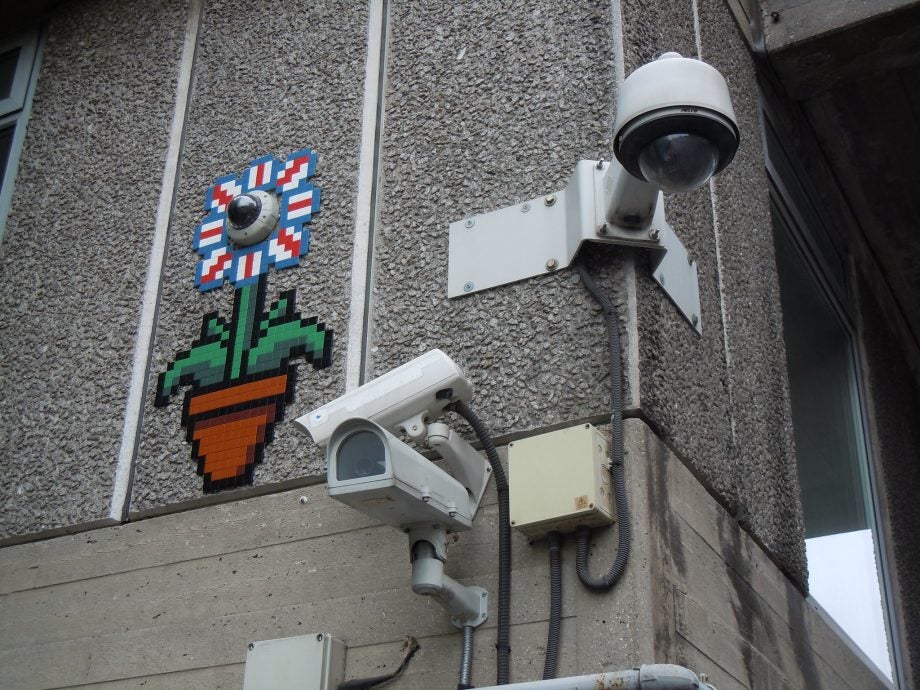EU plans five-year ban on use of facial recognition tech in public spaces

The EU is considering halting the use of facial recognition technology in public spaces, while the European Commission hammers out a tighter legal framework for its use.
A leaked draft white paper, obtained by Belgian not-for-profit think tank Euractiv, shows that the EU may look at how the technology can be better aligned with the EU’s GDRP (General Data Protection Regulation) rules.
The document states that the “use of facial recognition technology by private or public actors in public spaces would be prohibited for a definite period (e.g. 3–5 years) during which a sound methodology for assessing the impacts of this technology and possible risk management measures could be identified and developed.”
Related: Best VPN
The white paper, which is due to be published in February, also sets out a number of possible rules for the use of AI across the Union, particularly how the use of AIs, combined with biometric data, should be used in “high-risk” sectors, including healthcare, transport, and policing.
Speaking to The Register, a European Commission spokesperson said:
“As we are committed to making Europe fit for the digital age, we have to fully reap the benefits of Artificial Intelligence: to enable scientific breakthrough; to preserve the leadership of EU businesses; to improve the life of every EU citizen by enhancing diagnosis and healthcare or increasing the efficiency of farming.”
At present, GDPR classifies biometric information as ‘special category data’, which in practical terms, means that people have to give valid consent to their faces being scanned by a public facial recognition system, and the collection of biometrics is strictly necessary, such as being carried out in the public interest.
Related: Best Free VPN
By ‘valid consent’, the rules mean that agreeing to having your face scanned and biometric data logged cannot be a condition of entry to any public or private space – if there’s no alternative or you can’t opt out, you’re not giving valid consent.
That’s quite hard to manage in real life, as the Information Commissioner’s Office found out when it announced an investigation into a group of companies that were using the technology to monitor a building site in King’s Cross – a particularly busy area of London used by several thousands of people every day.
Earlier this month, football fans attending the Cardiff City vs Swansea City match objected to the use of face-scanning tech by South Wales Police, unfurling a ‘No Facial Recognition’ banner, as part of a protest organised by privacy campaigners Big Brother Watch.
In both scenarios, the construction firm and the police service may be able to argue that use was justified and within the public’s interest – separately, the High Court ruled last September that South Wales Police’s trial of facial recognition tech was lawful and did not breach human rights.
Elsewhere in Europe, German plans to install facial recognition technology at 134 railway stations and 14 airports may be put on ice as a result of this white paper.
While the UK is set to formally leave the EU on the 31st of January, it is to remain bound by European laws until the end of 2020 – and possibly beyond, depending on how the next set of negotiations pan out.


